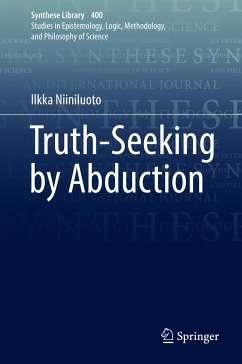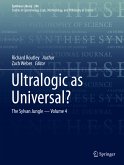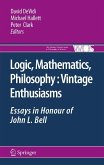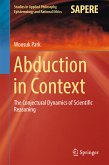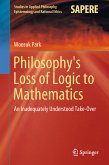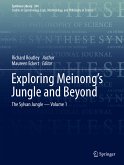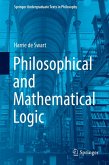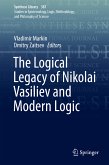The author outlines some logical and AI approaches to abduction as well as studies various kinds of inverse problems in astronomy, physics, medicine, biology, and human sciences to provide examples of retroductions and abductions. The discussion covers also everyday examples with the implication of this notion in detective stories, one of Peirce's own favorite themes.
The author uses Bayesian probabilities to argue that explanatory abduction is a method of confirmation. He uses his own account of truth approximation to reformulate abduction as inference which leads to the truthlikeness of its conclusion. This allows a powerful abductive defense of scientific realism. This up-to-date survey and defense of the Peircean view of abduction may very well help researchers, students, and philosophers better understand the logic of truth-seeking.
Dieser Download kann aus rechtlichen Gründen nur mit Rechnungsadresse in A, B, BG, CY, CZ, D, DK, EW, E, FIN, F, GR, HR, H, IRL, I, LT, L, LR, M, NL, PL, P, R, S, SLO, SK ausgeliefert werden.
Hinweis: Dieser Artikel kann nur an eine deutsche Lieferadresse ausgeliefert werden.

